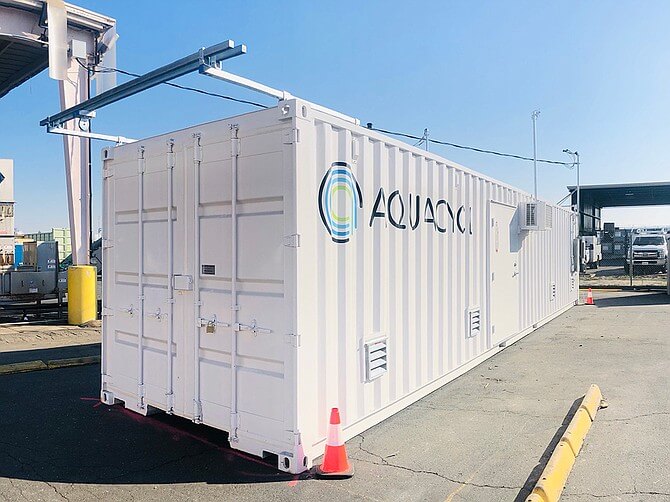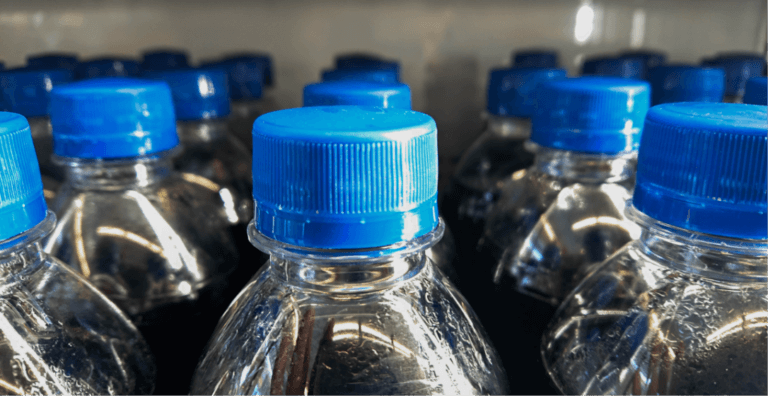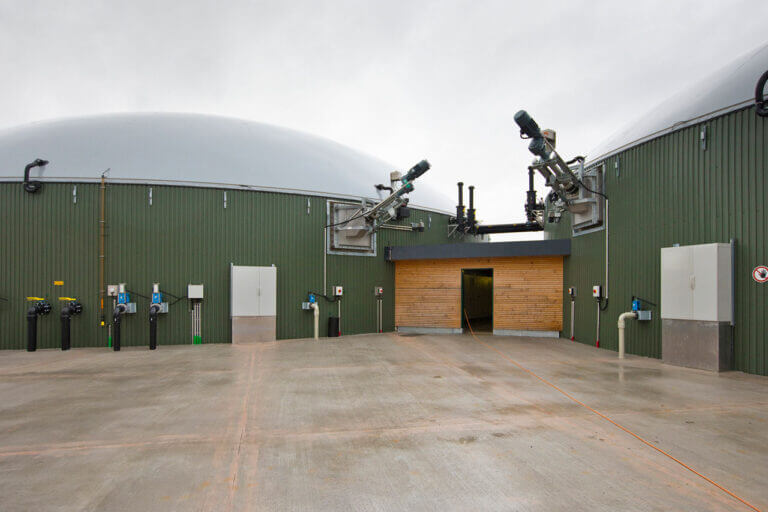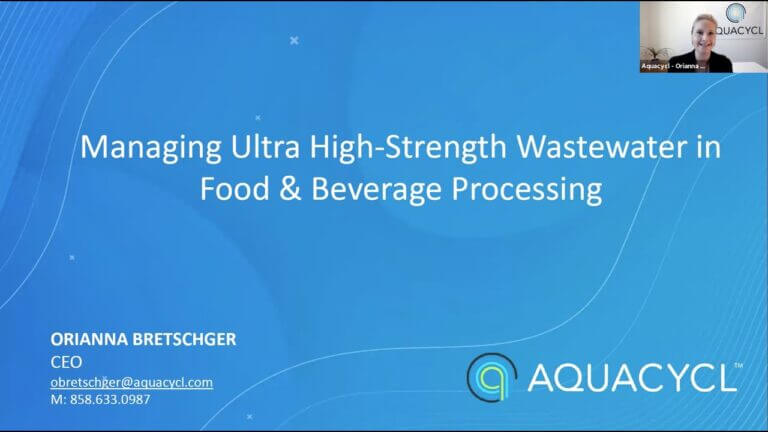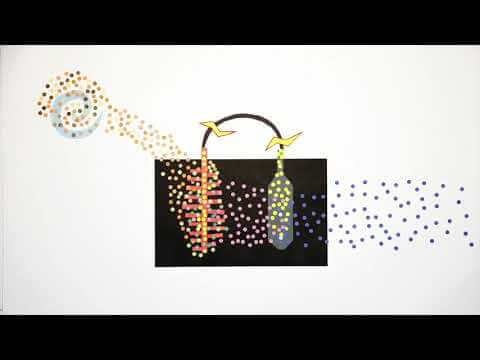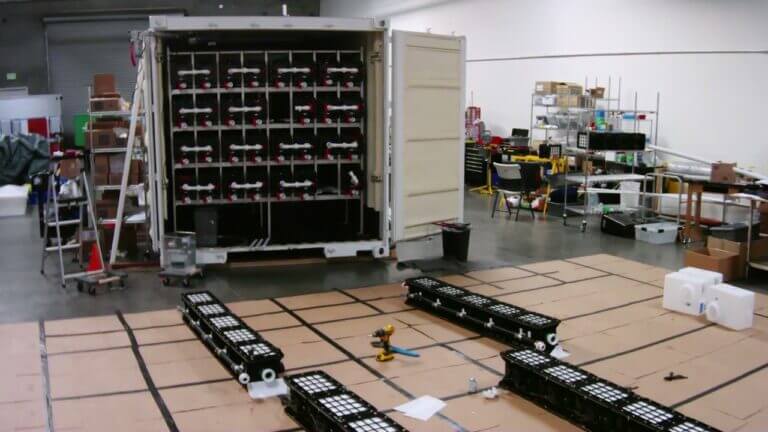In the realm of corporate sustainability, management of resources and water reuse extends far beyond energy and materials—it encompasses the often overlooked yet vital aspect of wastewater management.
As industries navigate the balance between growth and environmental stewardship, forward-thinking companies are embracing innovative approaches that not only mitigate their environmental footprint but also transform wastewater into a valuable resource. By integrating wastewater management into their sustainability strategies, these companies are addressing pressing environmental challenges while fostering more sustainable business practices.
There are a few companies leading the way toward managing wastewater as a resource. Let’s delve into three companies we believe are “doing it right” and setting an example for how all industries can rethink wastewater through water reuse.
Comment below more companies you think should be included on this list!
Fredericia Brewery, Carlsberg
Fredericia Brewery, part of Carlsberg’s Together Towards ZERO program, is redefining the role of wastewater in brewing operations. As one of the world’s most water- and waste-efficient breweries, Fredericia is setting a great example of how wastewater can be utilized as a resource to improve water efficiency in operations. Recognized in 2021 with the Global Water Award, Fredericia Brewery’s efforts have been lauded as a blueprint for circular water and waste management across the beverage industry.
Through the implementation of an advanced water recycling system, Fredericia Brewery is saving approximately 0.5 billion liters of water per year. These water savings are accomplished by utilizing a mix of technologies including ultrafiltration, reverse osmosis, and advanced oxidation processes, the brewery successfully treats 90% of its process water to produce high-quality reuse water for internal processes. This approach has allowed the brewery to reduce its overall water consumption by 50% to achieve a water-use ratio of 1.4 liters of water per liter of beer. The water system also generates energy through biogas recovery, supporting 10% of the brewery’s total energy demand.
Beyond operational enhancements, Carlsberg’s Together Towards ZERO program has a vision for a more sustainable future. Carlsberg’s commitment extends across multiple fronts including reducing CO2 emissions, fostering responsible drinking cultures, and ensuring workplace safety. By setting ambitious targets to halve water consumption by 2030 and partnering with communities to safeguard shared water resources, Carlsberg demonstrates a holistic approach to water stewardship. Fredericia Brewery’s water recycling system not only celebrates a milestone in sustainability but also ignites a broader conversation on the transformative power of rethinking wastewater.
Read more about Together Towards Zero here.
Warsaw Water Recycling Station, L’Oréal
L’Oréal, a leading name in the cosmetics industry, emerges as a leader in redefining wastewater management through its innovative water recycling station in Warsaw, Poland. In a region increasingly affected by drought, L’Oréal has worked to halve its water consumption while repurposing approximately 75,000 cubic meters of water. Also recognized in 2021 with the Global Water Award, the water recycling station represent a significant environmental achievement in industrial wastewater.
To achieve this, L’Oréal partnered with Nijhuis Saur Industries to treat the factory’s wastewater into reusable water for clean-in-place processes and co-production processes like cooling. Utilizing a combination of chemical, flotation, reverse osmosis, and biological treatment, the station has been able to save nearly 15% of the water used in the factory and recycles approximately 3,500 m3 of water per month. Commissioned in March 2020, the water station contributes to significant reduction in water consumption as well as substantial cost savings and energy efficiency improvements for the factory.
Central to the success of the water recycling station is its technological infrastructure, designed to ensure continuous access to clean water while minimizing environmental impact. It operates with Nijhuis’ real-time monitoring and control system, i-DOSE, that optimizes reagent consumption and treatment processes.
By showcasing the viability of water reuse in manufacturing operations, L’Oréal paves the way for more industrial water reuse projects, not only within its own operations but also across industries facing similar challenges. At the heart of this endeavor lies L’Oréal’s Sharing Beauty with All campaign, launched in 2013, which set ambitious targets for environmental footprint reduction by 2020. With a focus on water management, the campaign aimed to achieve a 60% reduction in water consumption alongside similar reductions in waste output and CO2 emissions. As the corporation continues to champion sustainability, it underscores the vital role of corporate leadership in driving positive change for the planet and future generations.
Read more about the Sharing Beauty with All campaign here.
PepsiCo Vallejo, Mexico Production Facility
PepsiCo has defined themselves as a leader in corporate sustainability and stewarsdhip through their PepsiCo Positive, pep+, initiative. Undergoing several projects within their global facilities to meet the goals set forth by the initiative, one that stands out for its circular water management is the Vallejo, Mexico production facility. In an effort to become net water positive by 2030, during its initial operations, between April and July of 2022, the facility consumed no freshwater and instead drew all its water from water reuse.
The water demand in Mexico City exceeds its replenishment rates, requiring water-intensive industries to minimize water-use within their operations. Recognizing the critical role of corporations in water preservation, PepsiCo implemented a range of innovative solutions to conserve water in its operations. From harvesting rainwater to investing in condensation and water recovery systems, the Vallejo facility utilizes innovative technology to enhance water efficiency across its value chain. Moreover, the company has developed proprietary technologies like the Splash Cone, which optimizes water usage in potato processing—a key component of its snack production.
The success of PepsiCo’s water conservation efforts extends beyond the Vallejo facility, with a 67% improvement in water use efficiency across multiple facilities compared to a 2015 baseline. Building on this success, PepsiCo aims to share insights from Vallejo and other manufacturing sites to scale and expand water conservation projects globally.
With a holistic approach to water stewardship, PepsiCo is poised to make a meaningful impact, not only within its operations but also in the broader context of water conservation and environmental sustainability. As the company continues its journey towards net water positivity, it reaffirms its commitment to creating a more resilient and water-secure future for generations to come.
Read more about the pep+ water goals initiative here.
A Blueprint for Wastewater
In examining Fredericia Brewery, L’Oréal, and PepsiCo, it becomes evident that wastewater holds untapped potential as a valuable resource in achieving water and climate goals. Through innovative technologies and holistic initiatives, these companies have demonstrated how wastewater and creative water management can safely and reliably enhance water efficiency, reduce environmental impact, and foster sustainable practices beyond their fence lines. As we reflect on their achievements, it’s time to reconsider the standard approach to wastewater management and recognize its inherent value in the pursuit of a circular economy.
To delve deeper into how companies can develop projects that rethink wastewater, I invite you to download our Critical Role of Industrial Wastewater in a Circular Economy whitepaper. Learn how you can take advantage of this opportunity to move from extractive to circular in your operations through water reuse and gain more insights on the companies discussed above: https://aquacycl.com/resources/whitepapers/the-critical-role-of-industrial-wastewater-in-a-circular-economy/



